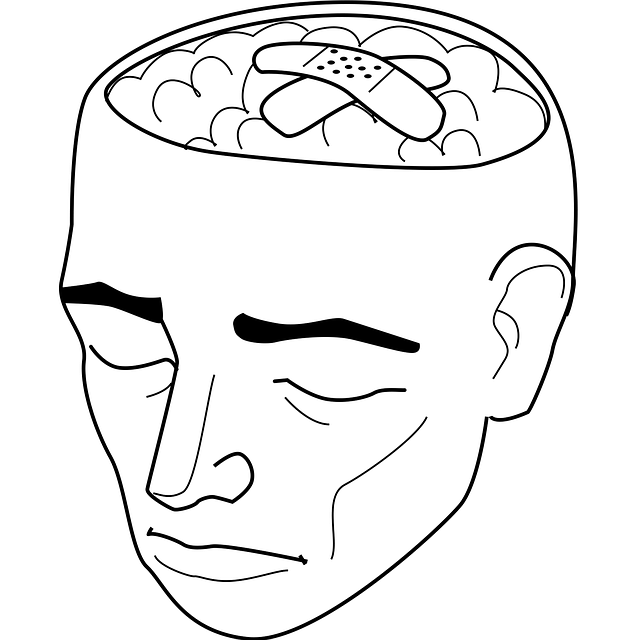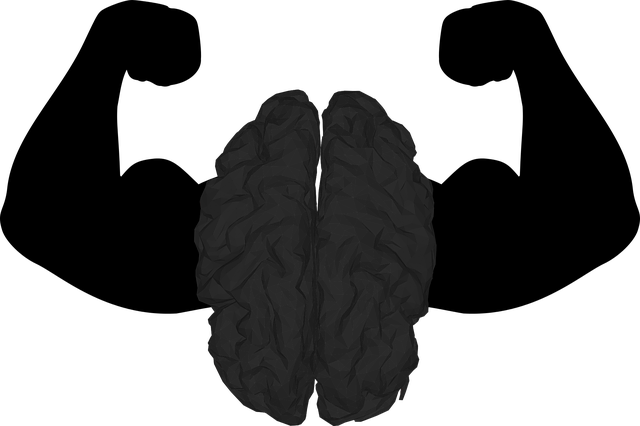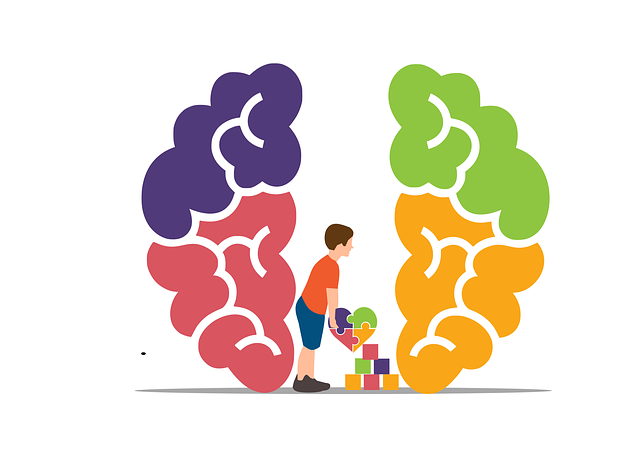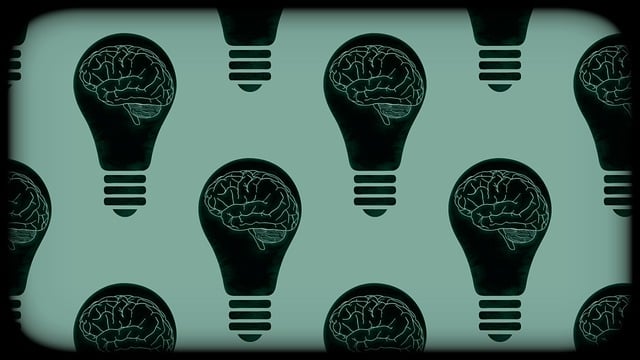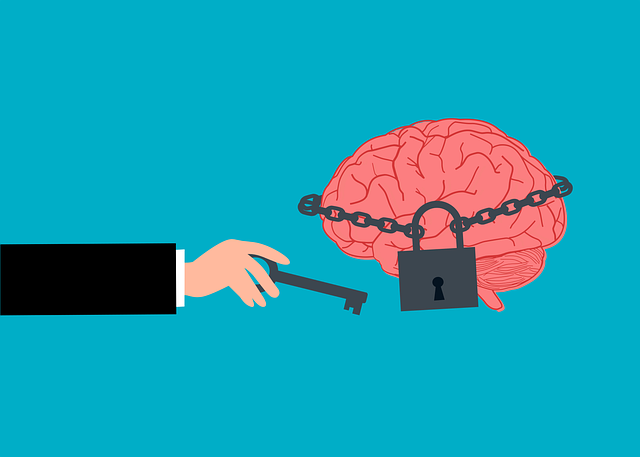Wheat Ridge Anxiety Therapy is a comprehensive mental health support system emphasizing crisis intervention through evidence-based techniques like CBT and mindfulness. They offer immediate assistance and long-term coping strategies, with cultural sensitivity and stigma reduction at the core of their approach. By creating a supportive community and providing tools for conflict resolution and risk management, they empower individuals to handle crises effectively. Their holistic strategy includes post-crisis care tailored to unique needs, such as Trauma Support Services, focusing on healing, emotion regulation, and resilience building to prevent future incidents.
In times of crisis, effective intervention can be a lifeline. This article explores crucial strategies for navigating mental health emergencies, with a focus on the transformative role of Wheat Ridge Anxiety Therapy. From understanding the cornerstone principles of crisis intervention to practical de-escalation techniques and post-crisis care, we provide a comprehensive guide. Learn how identifying triggers, assessing situations, and implementing immediate stabilization tactics can foster resilience and prevent recurrence, emphasizing the value of specialized support from professionals like Wheat Ridge Anxiety Therapy.
- Understanding Crisis Intervention: A Cornerstone of Mental Health Support
- The Role of Wheat Ridge Anxiety Therapy in Critical Moments
- Assessing the Situation: Identifying Signs and Triggers
- Immediate Strategies for De-escalation and Stabilization
- Post-Crisis Care: Fostering Resilience and Preventing Recurrence
Understanding Crisis Intervention: A Cornerstone of Mental Health Support

Crisis intervention strategies are a crucial cornerstone in mental health support, especially when individuals face overwhelming situations that can lead to distress or even suicide. Wheat Ridge Anxiety Therapy emphasizes understanding and addressing these crises effectively. The goal is to provide immediate assistance while also offering long-term coping mechanisms to help clients navigate challenging circumstances.
Cultural sensitivity in mental healthcare practice plays a significant role in crisis intervention. Recognizing the impact of cultural beliefs, values, and backgrounds can enhance therapeutic outcomes. Mental illness stigma reduction efforts are integral to creating an environment where individuals feel safe seeking help. Additionally, well-designed mental health education programs can equip people with knowledge and skills to recognize signs of distress and provide timely support, thereby fostering a more compassionate community.
The Role of Wheat Ridge Anxiety Therapy in Critical Moments

In critical moments, where individuals are grappling with intense anxiety or distress, Wheat Ridge Anxiety Therapy offers a beacon of hope and effective intervention. This therapeutic approach is designed to provide immediate relief and long-lasting coping strategies for those facing acute mental health crises. By employing evidence-based techniques, such as Cognitive Behavioral Therapy (CBT) and mindfulness practices, the therapy equips individuals with powerful tools to manage their anxiety effectively.
One of its key strengths lies in combining individual therapy sessions with group support, fostering a sense of community and shared understanding. This holistic approach not only aids in conflict resolution techniques but also empowers clients to develop robust risk management planning for mental health professionals. Additionally, social skills training becomes an integral part of the process, enabling individuals to navigate challenging situations with increased confidence and resilience.
Assessing the Situation: Identifying Signs and Triggers

Effective crisis intervention starts with a thorough assessment of the situation, which involves identifying both overt and subtle signs and triggers. When it comes to mental health crises, Wheat Ridge Anxiety Therapy emphasizes the importance of recognizing the unique indicators that may point to an individual’s struggle. These can range from severe anxiety symptoms like panic attacks or overwhelming fear to more subtle cues such as sudden changes in behavior or withdrawal from social interactions.
Understanding these signs is crucial for providing timely support and guidance, whether through personal connections or community outreach program implementation. Mental health awareness plays a pivotal role here, enabling individuals and communities to recognize when someone might be in distress. By fostering an environment where self-esteem improvement is encouraged, we can create a safety net that encourages people to seek help without hesitation.
Immediate Strategies for De-escalation and Stabilization

In moments of crisis, immediate strategies are crucial for de-escalation and stabilization. At Wheat Ridge Anxiety Therapy, we emphasize the importance of quick yet effective interventions to support individuals in managing intense emotions and stress. Techniques such as active listening, deep breathing exercises, and calming techniques can help lower anxiety levels and create a sense of safety. These strategies promote empathy building, fostering an environment where individuals feel understood and supported, which is vital for resilience development.
Our mental wellness coaching programs are designed to empower individuals with long-term coping mechanisms. Through these programs, we guide clients in identifying triggers, developing personalized strategies, and enhancing their overall mental wellness. By combining immediate de-escalation techniques with tailored coaching, Wheat Ridge Anxiety Therapy offers a comprehensive approach to crisis intervention, aiming to build resilience and improve the quality of life for those facing anxiety and stress-related challenges.
Post-Crisis Care: Fostering Resilience and Preventing Recurrence

Post-crisis care is a vital component of effective crisis intervention strategies, aiming to foster resilience and prevent recurrence. Following an initial response, it’s crucial to provide ongoing support that addresses the unique needs of individuals or communities affected by trauma. This phase involves creating safe spaces where those impacted can process their experiences, express emotions, and develop coping mechanisms tailored to their specific challenges.
Wheat Ridge Anxiety Therapy, for instance, offers Trauma Support Services designed to enhance emotional regulation and build resilience. These services often include individual therapy sessions, group support programs, and community outreach initiatives that encourage open dialogue and promote understanding. By integrating evidence-based practices and a holistic approach, such programs aim to empower individuals to navigate the aftermath of a crisis, heal from trauma, and regain a sense of control over their lives, ultimately reducing the risk of future crises.
In conclusion, crisis intervention strategies play a pivotal role in mental health support, with techniques like those offered by Wheat Ridge Anxiety Therapy proven effective during critical moments. By understanding the signs and triggers, assessing situations promptly, implementing de-escalation tactics, and providing post-crisis care, we can foster resilience and prevent recurrence. This comprehensive approach ensures individuals receive the necessary guidance and support to navigate challenging times.
